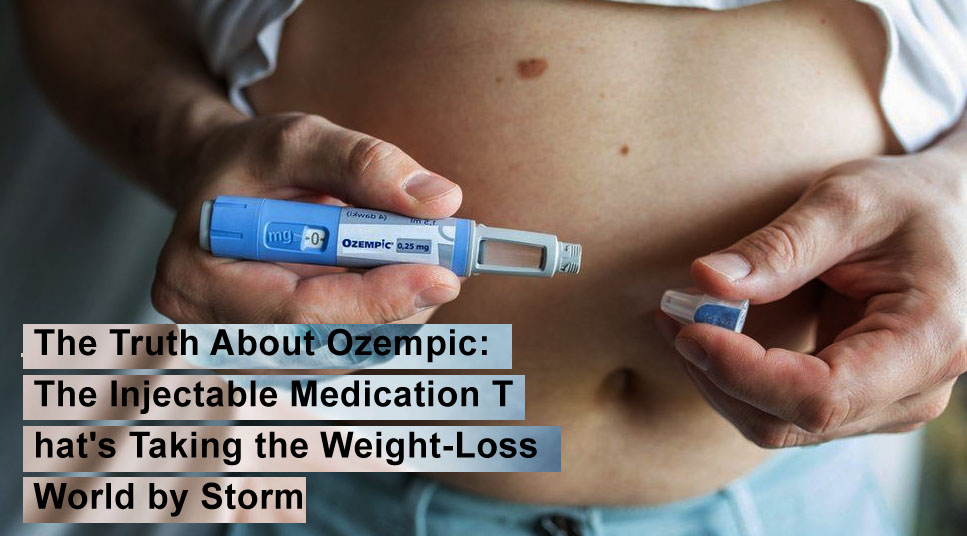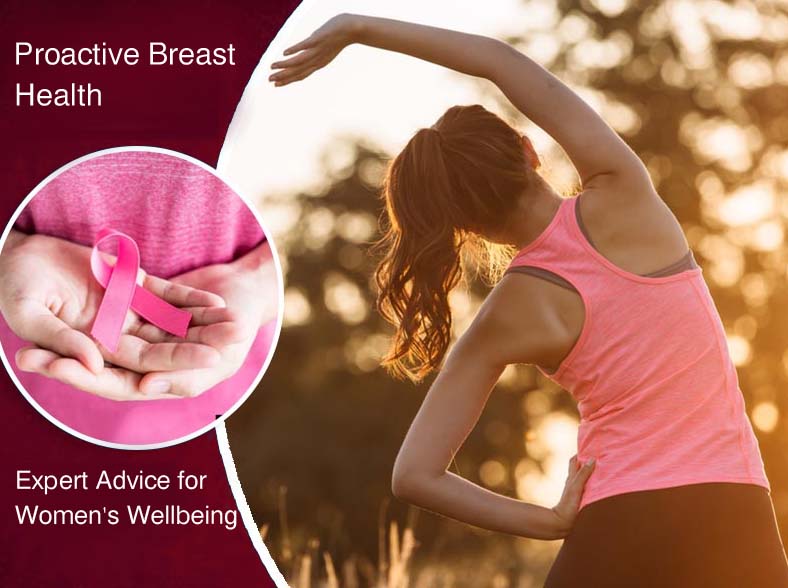That’s the disturbing discovery in a new book by a writer who’s ost four babies – so why aren’t doctors doing more to protect women’s future health?
Ognise symptoms of a heart ck and may delay seeking treatnt for longer. here is so much we don’t even w about the traditional risk facfor cardiovascular disease in men as opposed to in men,’ says Maclaran. ofessor Stevenson agrees. ‘Thirty rs ago, there wasn’t really anyg known about women and heart ase,’ he says. ‘While things have roved, I don’t think sufficient ce is taken of female-specific risk ors.’ s not only pregnancy loss history t should be taken into account future risk of cardiovascular ase. ecently, we’ve realised that there things that can happen in a womlife relating to her reproductive ory affecting her cardiovascular ,’ says Dr Maclaran.
Read : 4 reasons why a pregnant woman should make love everyday
As well as carriages, she says other potenrisk factors include: having iods that started early fore the age of 12’); polyic ovary syndrome (a conon which can cause irreguperiods and difficulty ting pregnant); early nopause (before 40); and umber of pregnancy plications (including -eclampsia, placental uption, gestational betes, pre-term h and having a baby w birth weight). udies suggest inferty could increase eone’s risk, too. hough the data is as robust, even ngs such as ometriosis and oids have been nd to be associated h a small increase isk in cardiovascular disease — there are so many gynaecological conditions that we need to look into further,’ says Dr Maclaran. In the US, under guidelines set out by the American Heart Association in 2011, women should be asked about pregnancy complications including gestational diabetes, preeclampsia and preterm birth by doctors assessing their heart health risk. In 2021, it added miscarriage and stillbirth to the list of considerations.
Read : Erectile Dysfunction may be sign of Heart Trouble
There are no such guidelines in Ireland. For example, QRISK 3, an assessment tool used by doctors in Ireland to calculate someone’s risk of cardiovascular disease, doesn’t take adverse pregnancy outcomes — including miscarriage — into account. (It does, however, ask men about erectile dysfunction, which can be an early warning of heart problems). Dr Maclaran believes talking to affected women much earlier on about their heart health could be key to preventing more deaths from cardiovascular disease. ‘We’re focusing still on identifying risk factors and trying to prevent cardiovascular disease in postmenopausal women or older women — so we’re not starting early enough to recognise these risk factors,’ she says.
‘That’s why it’s overlooked. By the time someone is in her 60s, a lot of doctors don’t think to ask: “when did your periods start?” or “were your pregnancies complicated by anything?”.’
Read : 5 ways to BOOST YOUR HEART HEALTH
She adds: ‘For those under 55, we need earlier intervention — and earlier education on what women can then do to reduce their risk. But we’re not looking into this. At the moment, care is too fragmented.
‘I think all women identified as having an increased risk due to reproductive history should be called for a more complete risk assessment at age 40 — which would include blood pressure, cholesterol and weight checks — and then those who might benefit from increased monitoring or treatment could be identified. We’re getting all these cues that someone could be at risk of cardiovascular disease in the future, but at the moment they are not really being acted on.’
What is not yet known is why two or more miscarriages should increase your risk of heart disease later in life. It could be that there are overlapping risk factors for both miscarriages and cardiovascular disease, such as smoking, obesity or alcohol consumption.
But there could also be shared underlying causes. As Professor Stevenson points out, it could be coincidence.
Read : Treating Infertility With Gene Modification On The Horizon
But there is a plausible biological explanation, he suggests: ‘What we might consider to be a cause of recurrent miscarriage is some kind of dysfunction of the blood vessels — and that would be the link to coronary disease in later life.’
Another explanation is that there could be physical changes that happen during pregnancy, or as a result of pregnancy loss, and that these changes might ‘have long-term consequences on maternal health’, suggest the authors of the 2022 systematic review.
Other researchers have suggested that the stress of pregnancy loss could be a factor. A 2018 study, published in the journal Heart, found that women who have never been pregnant and do not have children have a lower risk of cardiovascular disease than women with children.
However, the same was not true for women without children but who have experienced pregnancy loss, ‘It’s knowing that quite simple things can reverse the risk’ who were found to be as much as 64 per cent more likely to develop heart disease than women with one or two children.
‘Pregnancy loss, of course, is a hugely stressful event that can have psychological effects years after the pregnancy,’ wrote Dr Clare OliverWilliams, then a research fellow at Cambridge University, who led the study, at the time. ‘This stress, along with some health conditions that might make pregnancy more challenging, may explain why these women were more likely to develop heart disease.’
Read : Black licorice could be harmful to your health
But until further research untangles the mechanisms involved, what can women — and their doctors — do?
Knowing about the link in the first place is a start. ‘It’s not about scaring people, it’s about giving them information and knowing that quite simple things could help reverse that risk,’ says Dr Maclaran.
Professor Stevenson adds: ‘You can’t reverse having had miscarriages, but what you can do is look at all the other risk factors.
‘That means not smoking and keeping an eye on blood pressure and cholesterol levels. These are things that can be addressed.’
Dr Maclaran adds: ‘It could even be seen as a positive thing because it’s giving us an opportunity to improve someone’s health later in life. You may have ten or 20 years more to make a difference to your risk.’
The sooner any modifications are made, the better, she adds, as ‘cardiovascular risk prevention is lifelong — but it is particularly important from around 40, as this is when risk starts to increase more significantly’.
In 2021, the American Heart Association suggested that advice on heart-healthy diets and lifestyles should be given to women with pregnancy-related risk factors as soon as three months after giving birth, at post-partum check-ups.
Although, of course, as the authors of the 2021 European Heart Journal study pointed out, identifying women who have had miscarriages is more difficult, as they may not have ongoing contact with medical professionals.
As well as following basic healthy lifestyle advice — such as aiming for 150 minutes of moderateintensity activity a week; eating less sugar and salt; and eating more fruit and vegetables, it’s important to ‘know your numbers’, meaning your blood pressure reading, says Joanne Whitmore, a senior cardiac nurse.
‘You should take the opportunities to get your blood pressure checked.’ Hormone replacement therapy (HRT) could also be a consideration because the oestrogen it contains could help keep the arteries healthy, adds Professor Stevenson.
‘The menopause is a risk factor for cardiovascular disease,’ he explains. ‘And there is something we can do about that: HRT.
‘HRT isn’t currently licensed for preventing coronary disease in women, but it’s my hope that one day it will be.’
Of course, finding the right moment to discuss this is important, too.
It is certainly not something you want to be confronted with when you have just been told your baby has no heartbeat, or when you are dealing with the intense anxiety that follows miscarriages; not knowing if you will ever carry another baby to term. But that doesn’t mean no effort should be made. And it does women like me a disservice to assume they can’t handle this information.
As Dr Maclaran says: ‘It’s such a sensitive subject but I don’t think we can just ignore it. It’s too important.’ Life, Almost: Miscarriage, Misconceptions And A Search For Answers From The Brink Of Motherhood by Jennie Agg is published by Torva




